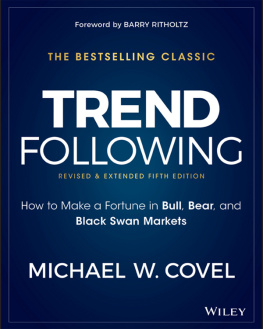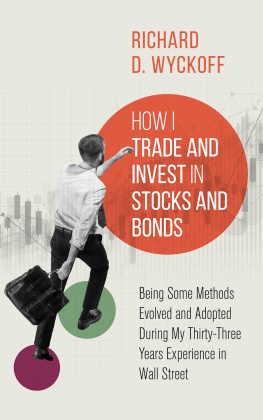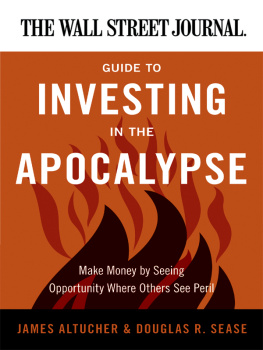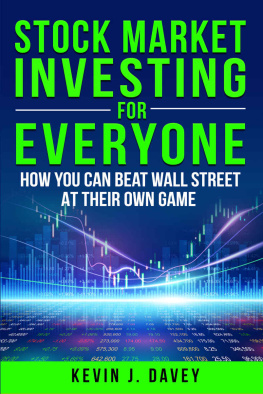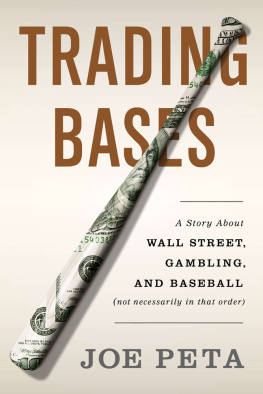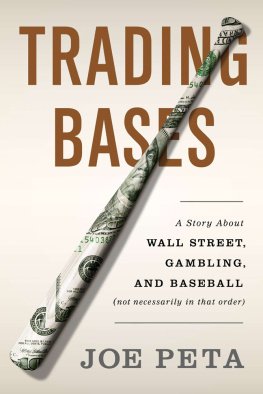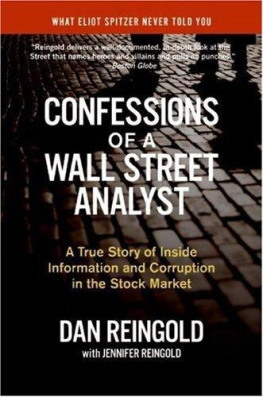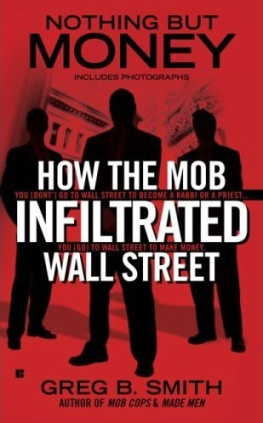Michael W. Covel - The Complete TurtleTrader: How 23 Novice Investors Became Overnight Millionaires
Here you can read online Michael W. Covel - The Complete TurtleTrader: How 23 Novice Investors Became Overnight Millionaires full text of the book (entire story) in english for free. Download pdf and epub, get meaning, cover and reviews about this ebook. year: 2009, publisher: HarperBusiness, genre: Detective and thriller. Description of the work, (preface) as well as reviews are available. Best literature library LitArk.com created for fans of good reading and offers a wide selection of genres:
Romance novel
Science fiction
Adventure
Detective
Science
History
Home and family
Prose
Art
Politics
Computer
Non-fiction
Religion
Business
Children
Humor
Choose a favorite category and find really read worthwhile books. Enjoy immersion in the world of imagination, feel the emotions of the characters or learn something new for yourself, make an fascinating discovery.

- Book:The Complete TurtleTrader: How 23 Novice Investors Became Overnight Millionaires
- Author:
- Publisher:HarperBusiness
- Genre:
- Year:2009
- Rating:3 / 5
- Favourites:Add to favourites
- Your mark:
The Complete TurtleTrader: How 23 Novice Investors Became Overnight Millionaires: summary, description and annotation
We offer to read an annotation, description, summary or preface (depends on what the author of the book "The Complete TurtleTrader: How 23 Novice Investors Became Overnight Millionaires" wrote himself). If you haven't found the necessary information about the book — write in the comments, we will try to find it.
What happens when ordinary people are taught a system to make extraordinary money? Richard Dennis made a fortune on Wall Street by investing according to a few simple rules. Convinced that great trading was a skill that could be taught to anyone, he made a bet with his partner and ran a classified ad in theWall Street Journallooking for novices to train. His recruits, later known as the Turtles, had anything but traditional Wall Street backgrounds; they included a professional blackjack player, a pianist, and a fantasy game designer. For two weeks, Dennis taught them his investment rules and philosophy, and set them loose to start trading, each with a million dollars ofhismoney. By the time the experiment ended, Dennis had made a hundred million dollars from his Turtles and created one killer Wall Street legend.
InThe Complete Turtle Trader, Michael W. Covel, bestselling author ofTrend Followingand managing editor of TurtleTrader.com, the leading website on the Turtles, tells their riveting story with the first ever on the record interviews with individual Turtles. He describes how Dennis interviewed and selected his students, details their education and experiences while working for him, and breaks down the Turtle system and rules in full. He reveals how they made astounding fortunes, and follows their lives from the original experiment to the present day. Some have grown even wealthier than ever, and include some of todays top hedge fund managers. Equally important are those who passed along their approach to a second generation of Turtles, proving that the Turtles system truly is reproducible, and that anyone with the discipline and the desire to succeed can do as well asor even better thanWall Streets top hedge fund wizards.
In an era full of slapdash investing advice and promises of hot stock tips for the next big thing, as popularized by pundits like Jim Cramer ofMad Money, the easy-to-follow objective rules of the TurtleTrader stand out as a sound guide for truly making the most out of your money. These rules workedand still work todayfor the Turtles, and any other investor with the desire and commitment to learn from one of the greatest investing stories of all time.
Michael W. Covel: author's other books
Who wrote The Complete TurtleTrader: How 23 Novice Investors Became Overnight Millionaires? Find out the surname, the name of the author of the book and a list of all author's works by series.

